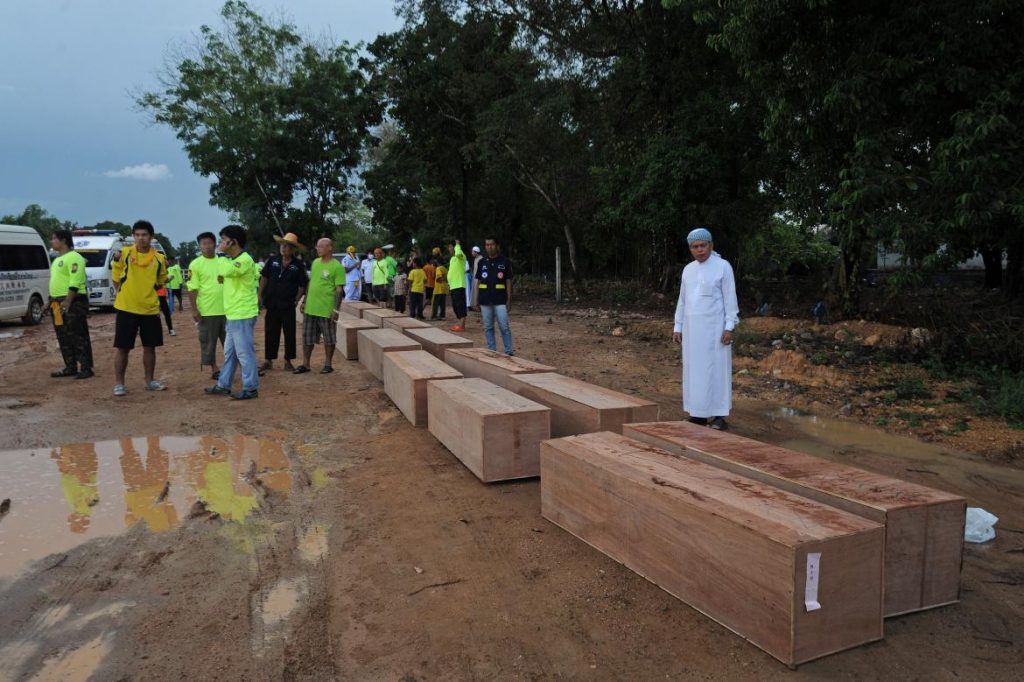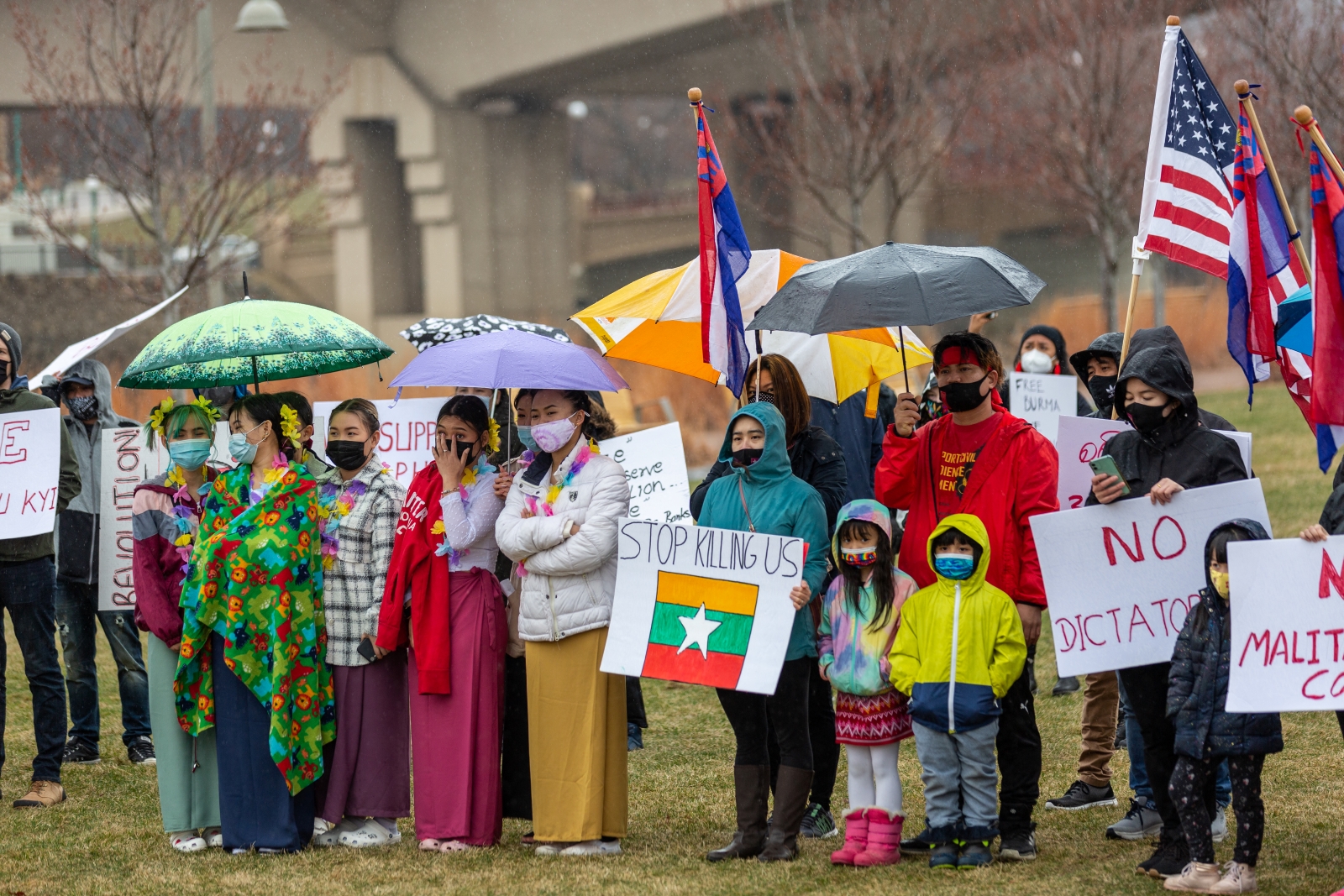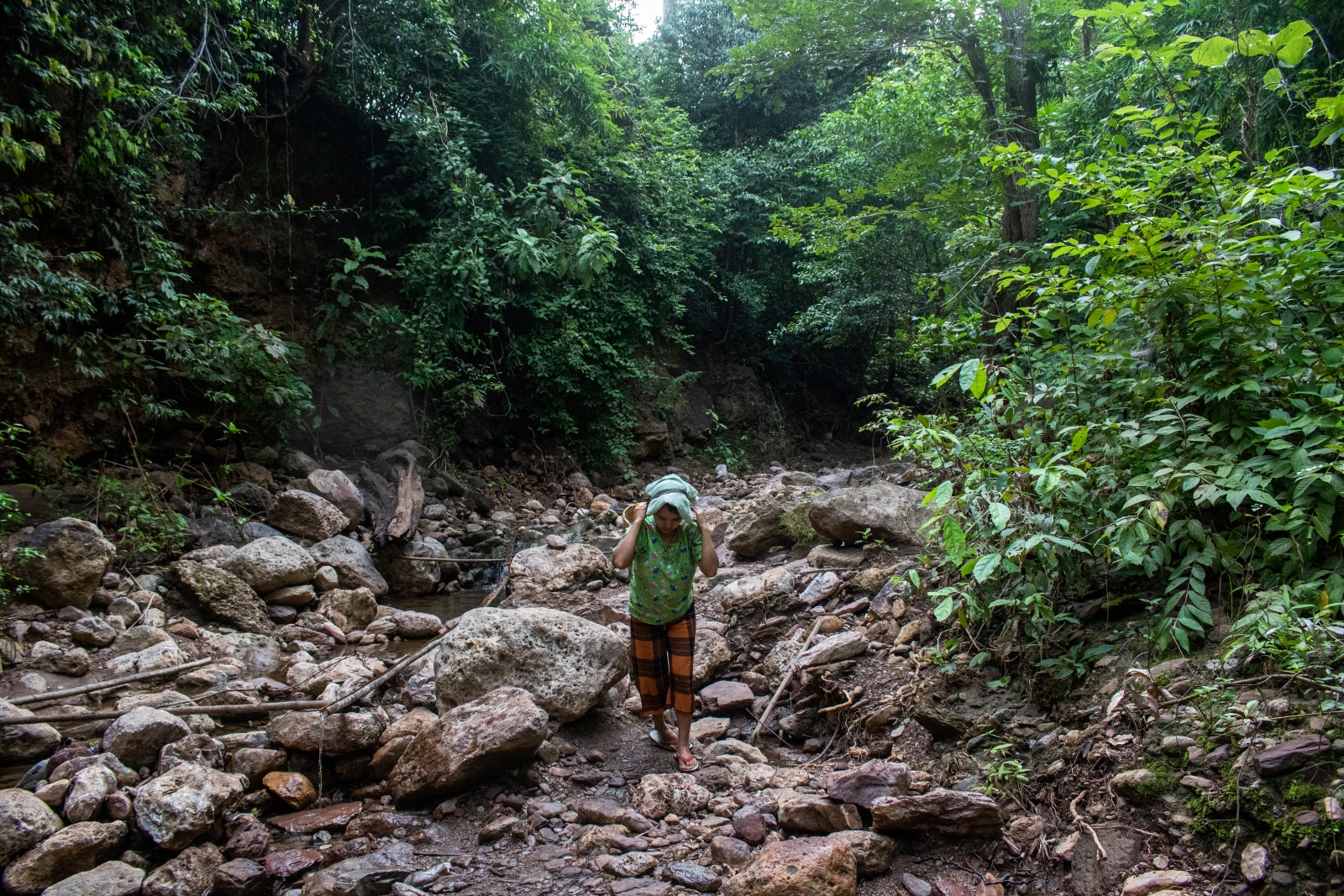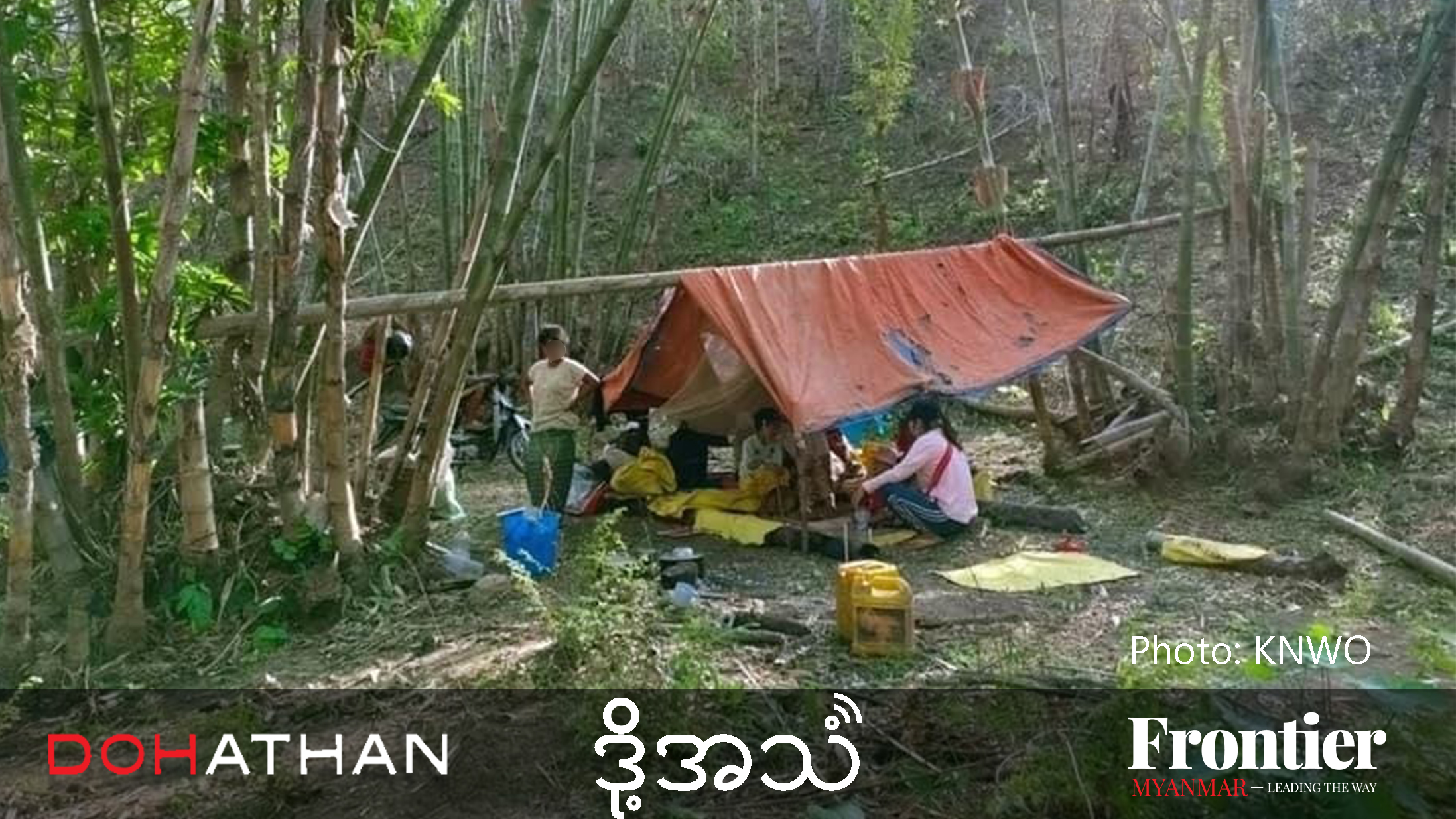by DAVE CLARK | AFP
WASHINGTON, DC — The United States released its annual human trafficking report Thursday and added eight countries, including Myanmar, to the blacklist of those not doing enough to halt it.
Last year, the State Department was criticized for not including Myanmar on its Tier 3 list, amid allegations that Washington was turning a blind eye to slavery in order to encourage a slow transition to democracy.
This year’s report on Myanmar dubs it “a source country for men, women, and children subjected to forced labour and for women and children subjected to sex trafficking, both in Burma and abroad.”
“This is a heck of a piece of work,” US Secretary of State John Kerry said, introducing the report, which is mandated by the US Congress to monitor progress around the world in the fight against exploitation.
Support more independent journalism like this. Sign up to be a Frontier member.
“There are some tough calls,” he admitted, but insisted that the list was based on facts and set criteria, not political considerations — a criticism of past reports.
Washington has been keen to support Myanmar’s new government, led by State Counsellor Daw Aung San Suu Kyi, on the slow road to democratic reform.
But much remains to be done, and the government has been accused of backsliding, particularly regarding the fate of the persecuted Rohingya Muslim minority.
People from across Myanmar are subject to abuse, but the report says “Rohingya individuals are particularly vulnerable to sex and labour trafficking in Rakhine State, including forced labour perpetrated by government authorities.”
Myanmar has been on the “Tier 2 watch list” for four years — the maximum period it can be allowed under US law to improve its practices or be relegated to the third tier — which is what has now happened.
Human rights watchdogs welcomed the demotion of Myanmar, which they felt had been unfairly protected from scrutiny for political reasons in last year’s report, but expressed regret that Thailand and Malaysia were not also being held to account.
“We’re encouraged by the State Department’s decision to downgrade Burma — that was a country that we were paying pretty close attention to,” said Kristen Abrams, acting director of anti-trafficking umbrella group ATEST.
But watchdogs remain concerned that Washington is going easy on its allies in Southeast Asia, where the fishing industry in particular is regularly accused of using forced labor in inhumane conditions at sea.
“Starting with Thailand, we have seen some willingness to reform some of their laws, but it’s not made any significant impact on the ground,” Abrams said.
“With Malaysia, we know that they were moved up last year for political reasons. It was unjustified then and it remains unjustified today,” she said, citing a failure to investigate mass graves.
The report notes that: “Discoveries of migrant camps and mass graves along the border with Thailand in 2015 generated reports some officials were complicit in facilitating migrant smuggling, which may have included trafficking crimes.”
But it concludes that Malaysia is “making significant efforts” to meet minimum standards to fight the crime.







